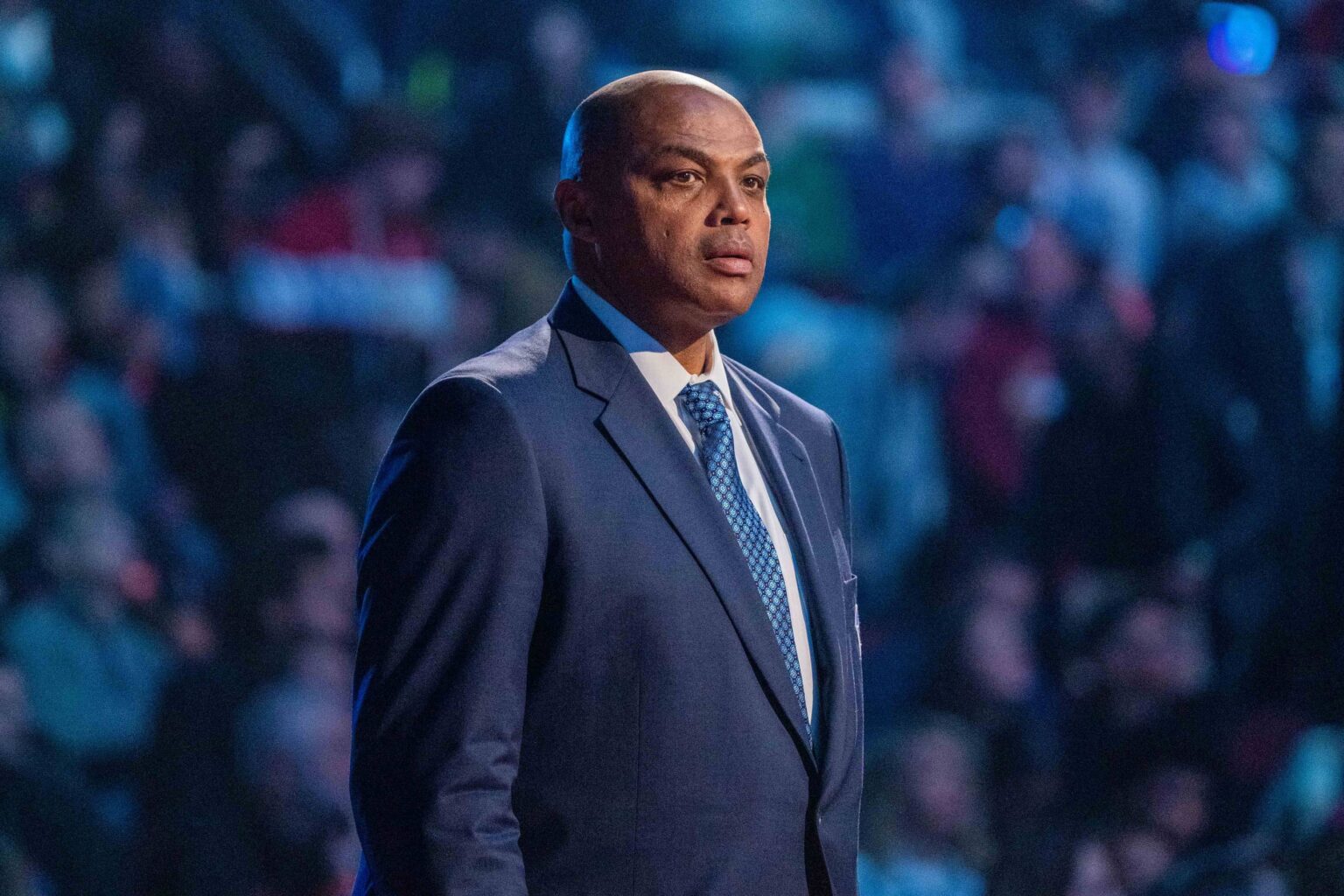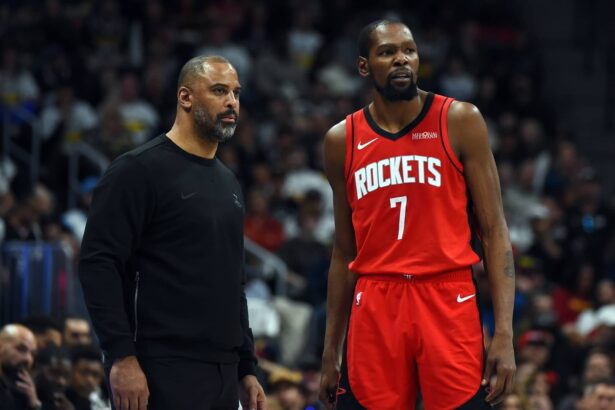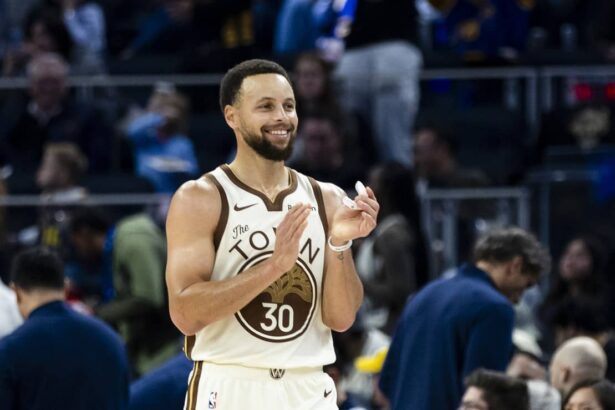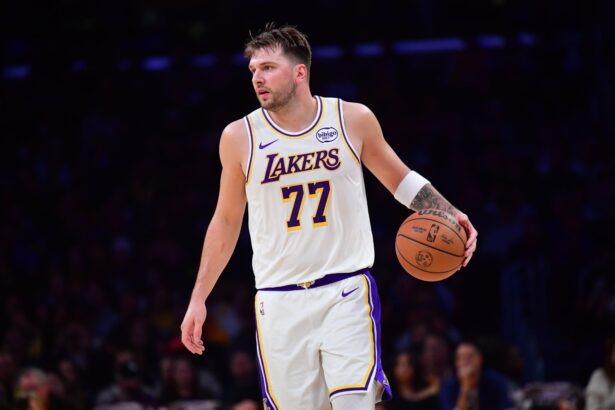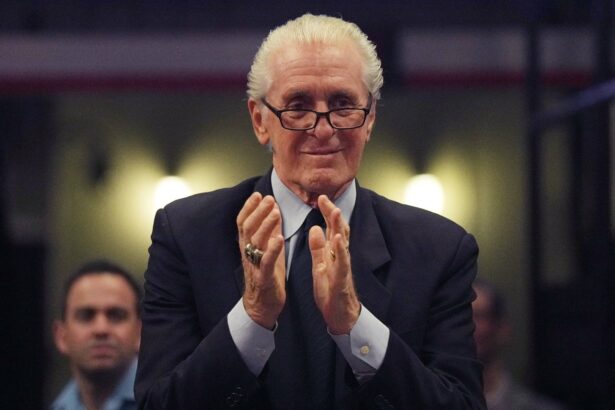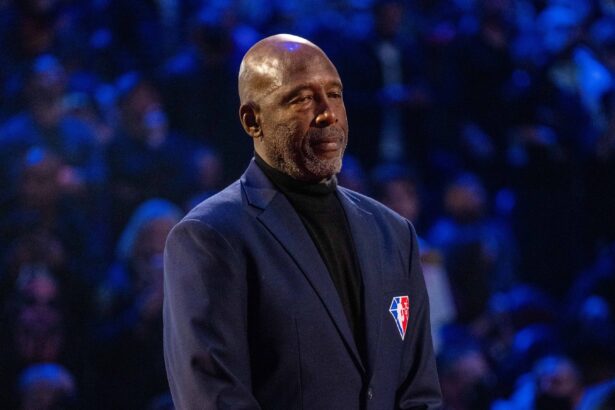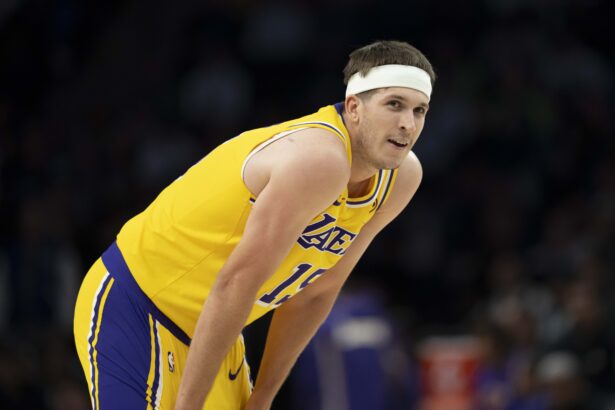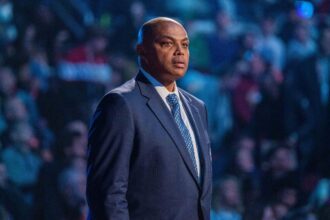Scottie Pippen, during his appearance on the PBD Podcast, displayed remarkable respect for Charles Barkley’s legacy when discussing whether a player’s career should have an asterisk if they don’t win an NBA championship.
“I would say in certain situations, but in Charles Barkley’s situation, I would say no. I would say no, because he won two gold medals. He helped globalize basketball all over the world.”
“He didn’t have to play in but one NBA finals and he didn’t win but everybody knows Charles Barkley, because of his personality because of him working on TNT, but really because he was a heck of a basketball player.”
“He was a great player and he probably deserved to win a title, ran into Michael and the Bulls but Charles was a heck of a player and he’s had a a great career as an analyst as well.”
While the six-time champion could have leaned on his own success to frame his argument, Scottie Pippen instead acknowledged Barkley’s contributions to basketball and celebrated his greatness, both on and off the court.
Despite never winning an NBA championship, Charles Barkley remains one of the greatest players in NBA history. Known for his extraordinary skill and fierce competitive spirit, Barkley left an indelible mark on the game. Over his 16-year career, “Sir Charles” averaged 22.1 points, 11.7 rebounds, and 3.9 assists per game while shooting an efficient 54.1% from the field.
Barkley’s best season came during the 1992-93 campaign when he joined the Phoenix Suns and led them to the NBA Finals. That year, Barkley was named the NBA MVP after averaging 25.6 points, 12.2 rebounds, and 5.1 assists per game while shooting 52.0% from the field. His ability to dominate in the post, lead fast breaks, and score from anywhere on the court made him one of the most versatile and dynamic players of his era.
In the 1993 playoffs, Barkley elevated his game further, averaging 26.6 points, 13.6 rebounds, and 4.3 assists per game. He had several iconic moments, including a 44-point, 24-rebound performance against the Seattle SuperSonics in Game 7 of the Western Conference Finals, propelling the Suns to their first NBA Finals appearance since 1976. Although Phoenix fell to Michael Jordan and the Chicago Bulls in six games, Barkley’s performances cemented his status as one of the league’s elite.
He was an 11-time NBA All-Star and earned 11 All-NBA selections, including five First Team, five Second Team, and one Third Team honors. Barkley’s exceptional 1992-93 season, cemented his status as one of the league’s elite players. Chuck was also part of the
Representing the United States on the international stage, he played a pivotal role in securing two Olympic gold medals in 1992 and 1996 as a key member of the iconic Dream Team.
His remarkable achievements and impact on the sport were recognized with his induction into the Naismith Memorial Basketball Hall of Fame, solidifying his legacy as one of basketball’s all-time greats. Additionally, Barkley was honored as a member of the NBA’s 50th and 75th Anniversary Teams, recognizing him as one of the greatest players in the league’s history.
Barkley’s impact extended beyond the court. As Pippen noted, Barkley was instrumental in popularizing basketball globally, particularly through his role on the iconic 1992 Dream Team. His charismatic personality and unfiltered commentary have made him a beloved figure in sports media as a longtime analyst on TNT’s Inside the NBA.
Pippen’s respect for Barkley reflects an understanding of greatness beyond championships. Barkley’s incredible skill, accolades, and influence on the game solidify his legacy as one of the greatest players of all time. While a ring eluded him, his career serves as a reminder that greatness is defined by more than titles—it’s about impact, consistency, and passion for the game.
Thank you for being a valued reader of Fadeaway World. If you liked this article, please consider following us on Google News. We really appreciate your support.

